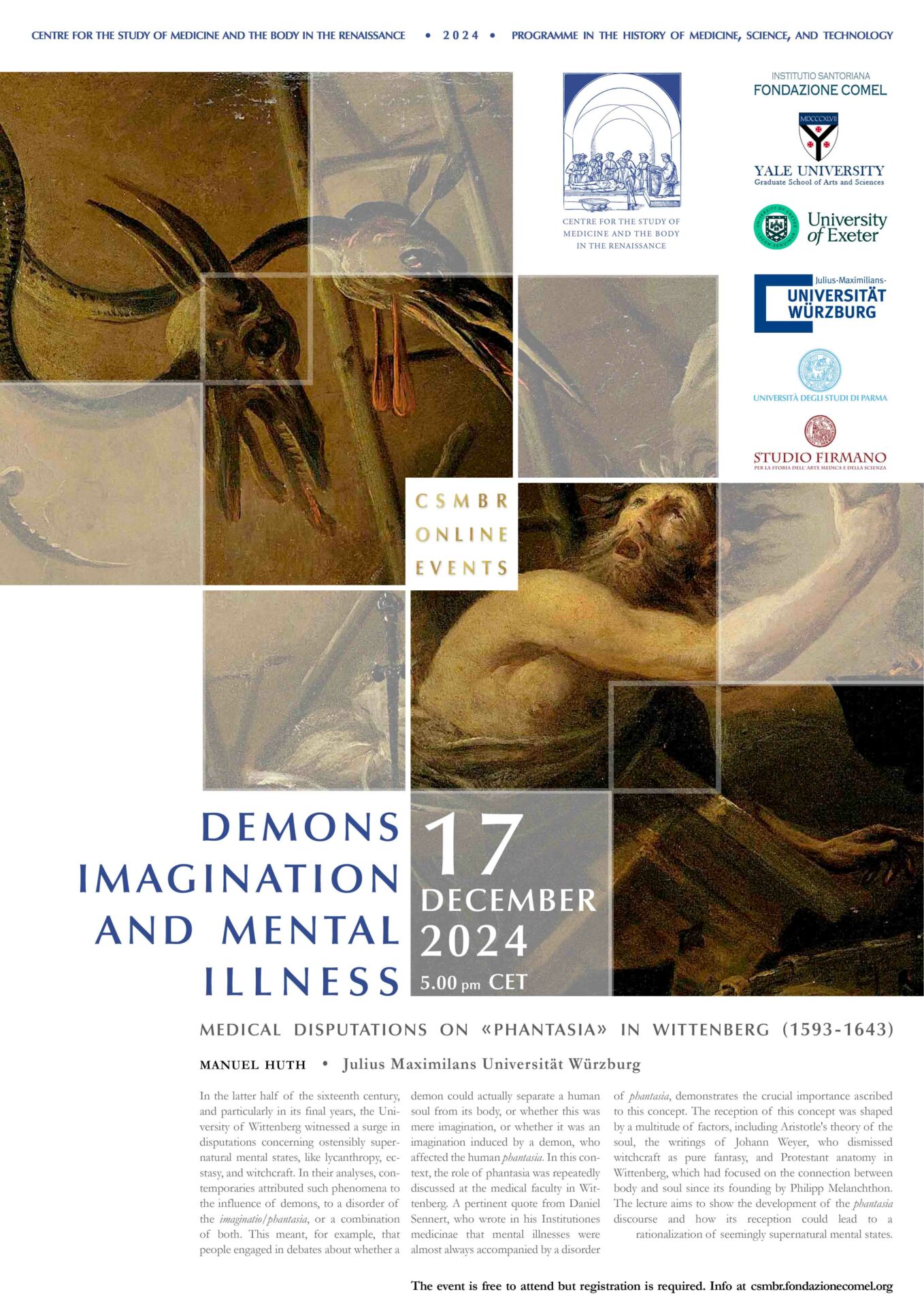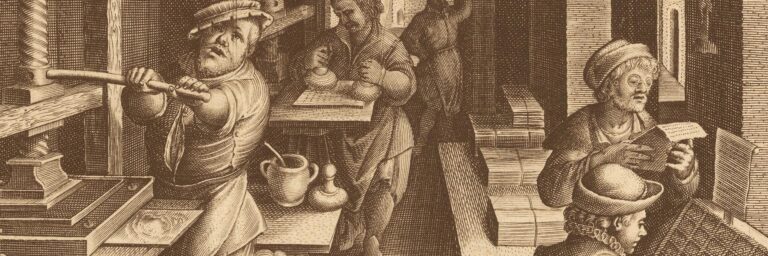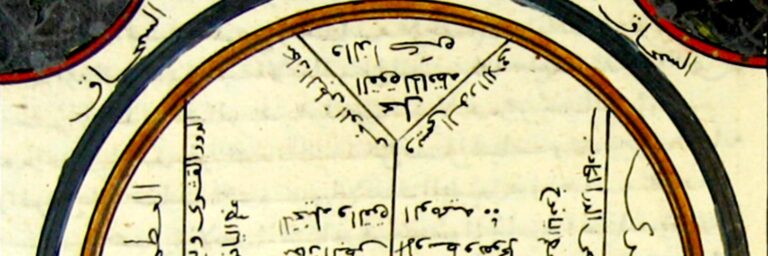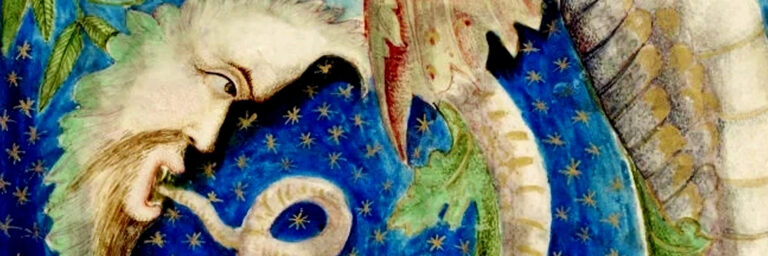Demons, Imagination and Mental Illness
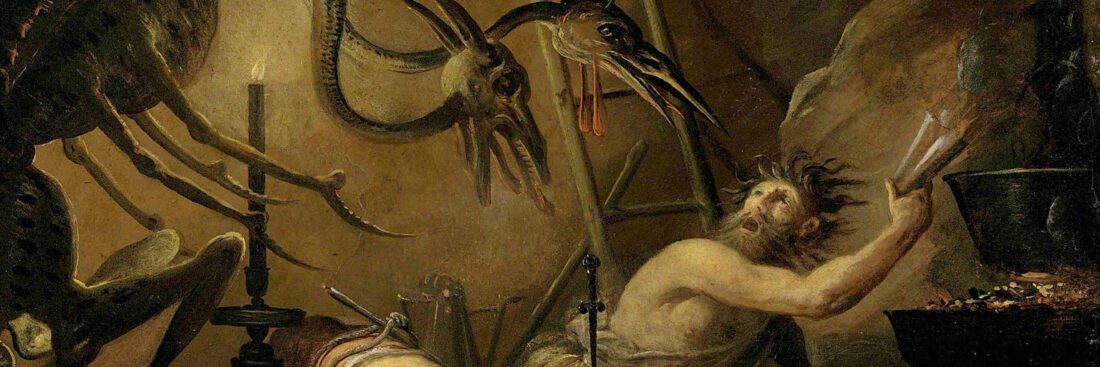
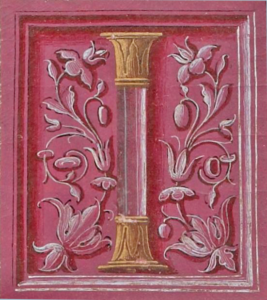
Demons, Imagination,
and Mental Illness
Medical Disputations on "Phantasia" in Wittenberg
(1593-1643)
Manuel Huth
17 December 2024 – 5 PM (CET)
In the latter half of the sixteenth century, and particularly in its final years, the University of Wittenberg witnessed a surge in disputations concerning ostensibly supernatural mental states, like lycanthropy, ecstasy, and witchcraft. In their analyses, contemporaries attributed such phenomena to the influence of demons, to a disorder of the imaginatio/phantasia, or a combination of both.
In this context, the role of phantasia was repeatedly discussed at the medical faculty in Wittenberg. A pertinent quote from Daniel Sennert, who wrote in his Institutiones medicinae that mental illnesses were almost always accompanied by a disorder of phantasia, demonstrates the crucial importance ascribed to this concept.
The reception of this concept was shaped by a multitude of factors, including Aristotle’s theory of the soul, the writings of Johann Weyer, who dismissed witchcraft as pure fantasy, and Protestant anatomy in Wittenberg, which had focused on the connection between body and soul since its founding by Philipp Melanchthon.
The lecture aims to show the development of the phantasia discourse, to explain and classify it against the background of contemporary concepts, and finally to show how its reception could lead to a rationalization of seemingly supernatural mental states.
About the Speaker ...
Manuel Huth is a Postdoctoral Researcher at the University of Würzburg.
He completed his PhD in 2021 with a thesis titled Humanismus und Philosophie. Die medizinischen Schriften des Humanisten Joachim Camerarius (1500-1574). Since April 2022 he is working on the DFG project Medicinae Alumni Vitebergenses. This project collects information on the students and graduates of the Wittenberg Medical Faculty and their printed works in a prosopographical database. The goal is to analyze and visualize the development and dissemination of a specifically Wittenberg medicine in a self-designed database. In general, he makes extensive use of digital methods in all of these projects. As a lecturer at the University of Würzburg he has taught courses on translation from German into Latin, Biblical Greek, Semantic Mediawiki, and preparatory courses for the Latin Certificate.



